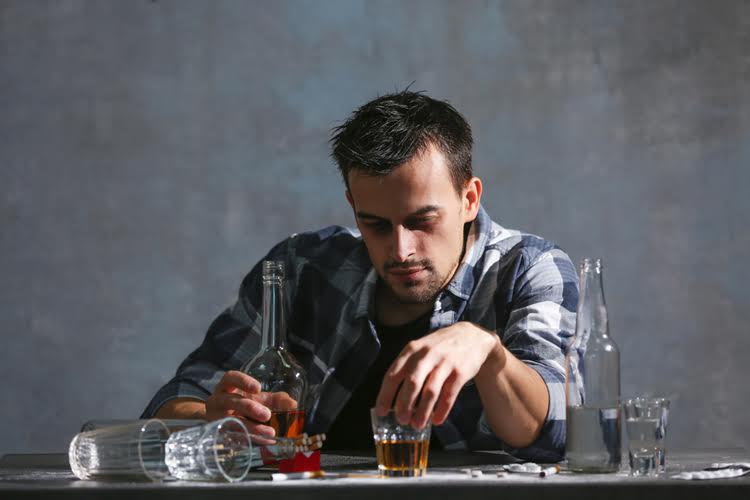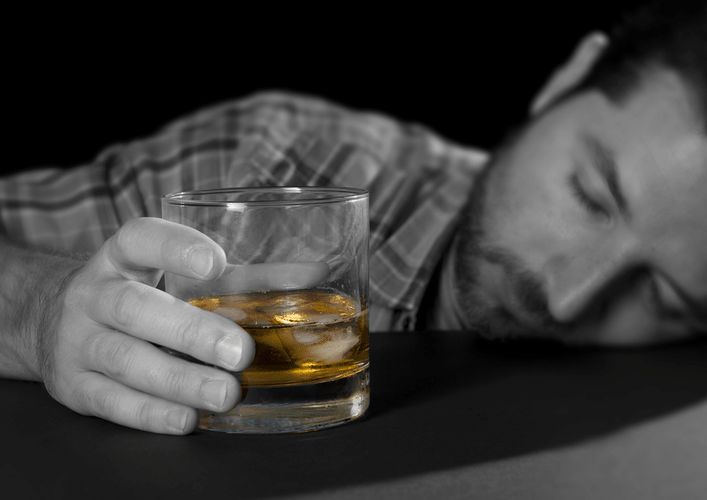More importantly, you’ll discover actionable ways to stop alcohol from inflaming nasal passages so you can avoid the dreaded stuffy nose hangover. Whether you only have the occasional glass of wine at dinner or frequently enjoy late nights out, you’re sure to learn valuable tips to nip post-drinking nasal congestion in the bud. Individuals with chronic sinusitis may find that alcohol exacerbates their symptoms.
What Is Gluten Free Beer…
Regardless of the nature drug addiction of the reaction, the best method for managing alcohol intolerance is to avoid alcohol entirely. In severe cases requiring attention, symptoms may escalate to include low blood pressure, rashes, and respiratory distress. In summary, alcohol intolerance can cause immediate, uncomfortable reactions, such as sneezing and skin flushing, when consumed in large amounts. It is important to identify triggers and avoid them to prevent sneezing fits and other health issues.

Is alcohol-induced sneezing a sign of an alcohol allergy?
“This includes looking at ingredient/content labels of food and drink,” explains the nurse. “If you are wanting to avoid alcohol, also be cautious of foods that may have alcohol added, for example in a marinade or sauce.” Beer also contains histamines which could cause a reaction in some people, including sneezing and stuffy nose after drinking. To alleviate discomfort, over-the-counter nasal sprays like fluticasone or azelastine can be beneficial. Certain alcoholic drinks, particularly beer and wine, contain high histamine levels, which can further contribute to nasal issues. People may also have an allergic reaction to specific ingredients in alcoholic drinks rather than the alcohol itself.

Drinking chamomile tea
- Yes, certain ingredients in alcoholic beverages, such as sulfites in wine or hops in beer, can be more likely to induce sneezing after drinking alcohol sneezing in susceptible individuals.
- In this article, we’ll explore why drinking alcohol commonly leads to a stuffed up nose for so many people.
- For example, some people may develop intractable sneezing after experiencing a traumatic event.
- While alcohol-induced sneezing is generally harmless, taking note of any severe or persistent symptoms is essential.
It could be a sign that you actually have an allergy, or an intolerance. This genetic condition means that you experience negative symptoms when drinking alcohol because your body is unable to process it properly. Because the body can’t break down alcohol, it’s toxic byproducts flood the system and accumulate with each drink you have. Symptoms frequently escalate quickly after drinking and can range from mild to severe. Such weakened immunity can stem from long-term alcohol misuse, making one more susceptible to infections, leading to additional symptoms like sore throat.

Sulfites, found in some wines, have been known to induce various discomforts in a small percentage of drinkers. alcohol sneezing fit Therefore, those experiencing sudden sneezing or other allergy-like symptoms after drinking might be histamine intolerant. Chemical additives, including artificial colors or stabilizers, further irritate the system and contribute to discomfort. People with grain allergies or intolerances often experience bloating, nausea, or sinus congestion after consuming specific alcoholic drinks. The body identifies such compounds as irritants, causing an inflammatory response that intensifies alcohol intolerance symptoms. Individuals with asthma are especially prone to sulfite-related reactions, making certain alcoholic drinks more problematic.
Another possibility is that alcohol can induce an allergic reaction in some individuals. Certain components of alcoholic beverages, such as histamines and sulfites, can act as triggers for allergy-like symptoms, including sneezing. This is likely because wine contains histamines, which trigger allergies. The dilation of blood vessels can lead to increased sinuses’ pressure or swelling in the nasal passages.